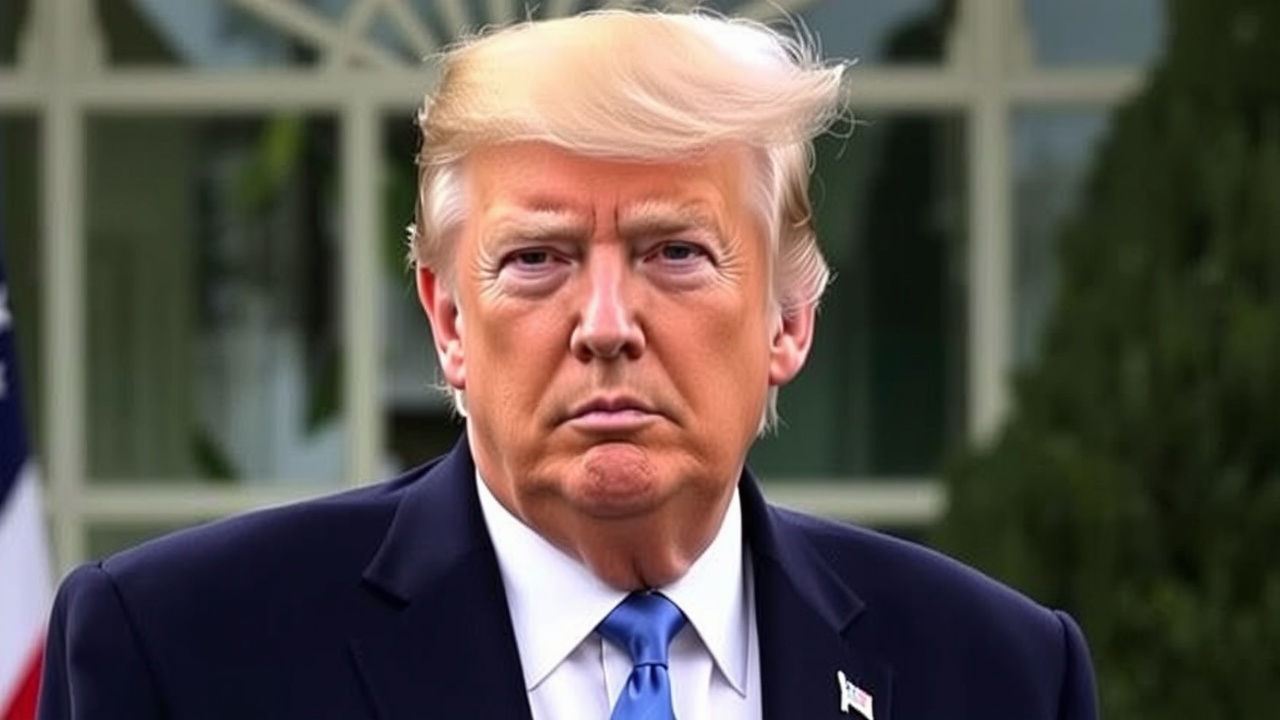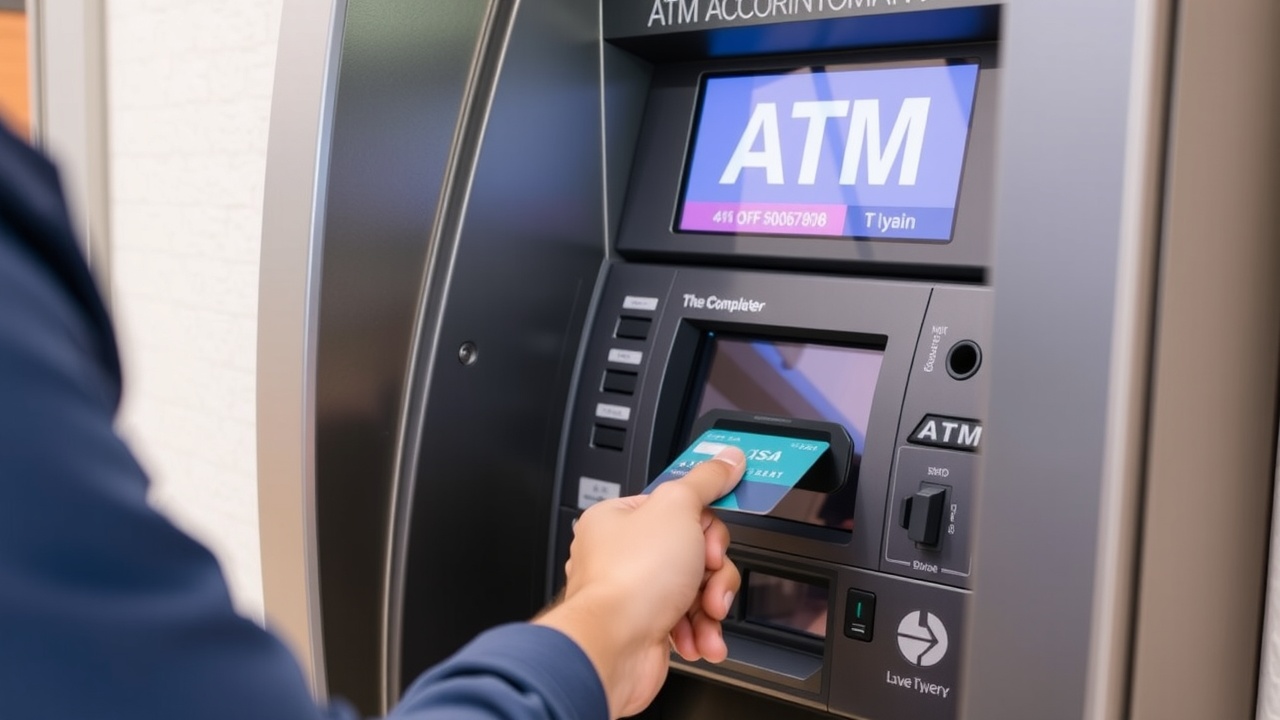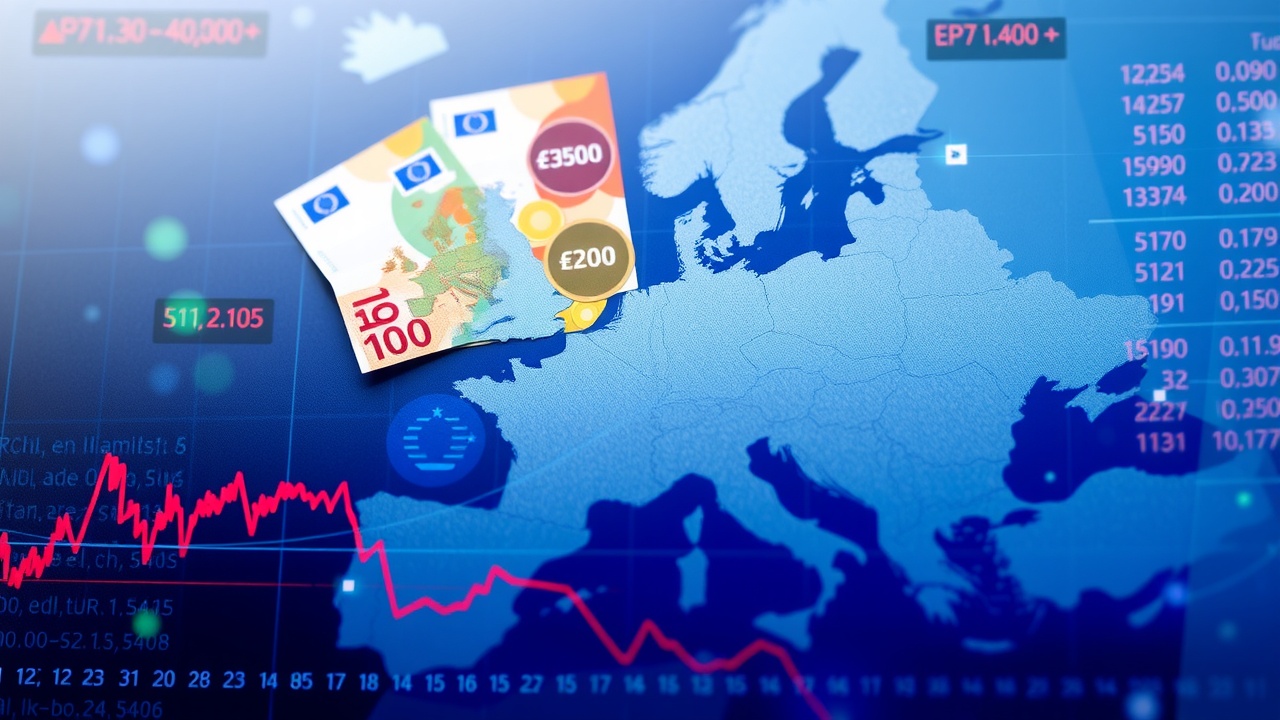
On July 9, Donald Trump's tariff pause of ninety days ends
Should we anticipate more market turbulence?
Only trade agreements with China and the United Kingdom have been reached thus far, and the ninety days since "Liberation Day" are almost up. Trading partners, companies, households, and investors will be hoping that US President Donald Trump will not reimpose the broad tariffs that caused markets to plummet.
White House press secretary Karoline Leavitt described the deadline of July 9 as "not critical" in remarks made by the Trump administration last week, indicating that an extension was becoming more likely.
In an interview with Fox News host Maria Bartiromo on Sunday, however, Trump responded, "I don't think I'll need to but I could, no big deal," when asked if he would grant an extension. The president further obscured his position by saying: "It's very easy. Letters were being sent out. It's better to do it now.
It's possible that Trump has been disappointed by the progress made with trading partners since April, despite his pledge to close "90 deals in."
Reports indicate that the United States and India are struggling to finalize a deal that has been promised for more than two months. Trump's calls to "open up India" have made it challenging for Prime Minister Narendra Modi's administration to negotiate the deal domestically, people familiar with the talks told Politico.
Even though the Trump administration announced a rare-earth agreement with China on Friday, June 27, there are still few details available. Former Obama administration trade official Jeff Moon stated, "Silence regarding the terms suggests that there is less substance to the deal than the Trump Administration implies."
The trade agreement with the United Kingdom, which was announced in May, has been a relative success. As a result, UK goods entering the US will no longer be subject to 10% and 0% car and aerospace tariffs, respectively. However, the agreement went into effect today, June 30, and no additional information regarding steel and aluminum tariffs has been released. In the past, the two nations promised to try to bring these down to zero.
In the meantime, Ottawa abandoned plans for a digital services tax over the weekend in an effort to move forward with previously stalled negotiations, and the US and Canada now seem to be working to an extended deadline of July 21.
"What the Trump administration will say about tariffs in the coming weeks is very hard to predict. The degree to which these can be concluded before July 9th is still highly uncertain, despite the fact that talks are in progress with several nations," Morningstar Wealth associate portfolio manager Nicolo Bragazza told BFIA.
"Investors should avoid placing bets on specific outcomes due to the high level of uncertainty, as the repercussions could be severe if things do not work out as planned. Aside from concentrating on the fundamentals that are more likely to generate returns in the long run, investors must plan ahead and get their portfolios ready for a variety of market conditions.
What kind of markets can we anticipate?
Over the last three months, markets have more than made up for their losses following Liberation Day. Since the market close on April 2, the SandP 500 has increased by nearly 9%. One potential result of Trump reimposing the original measures is a decline in equity markets as investors price in some of the same worries as before. Another possibility is a weaker growth outlook as trade barriers lower global activity and raise costs for consumers and businesses.
Given how the bond markets responded the last time, the real question is whether Trump will actually do this. His tariff announcements caused a steep decline in US Treasuries with longer maturities, which caused yields to spike.
The sell-off has been explained by a number of experts. In order to raise money to cover margin calls, hedge funds and leveraged investors might have had to sell liquid assets like US Treasuries. Bad news for bonds: it's also possible that investors sold off in anticipation of a spike in inflation brought on by tariffs. On the other hand, investors might have decided that the risk-reward profile was no longer appealing after reevaluating the stability of US Treasuries in light of Trump's inconsistent policymaking.
The sell-off appears to have been sufficient to intimidate the Trump administration into compliance, regardless of the cause. It becomes more expensive to borrow money from the US government when Treasury yields rise. A sizeable amount of the US's current debt of £36 trillion is held by foreign investors. The United States faces a dilemma if they begin to dump Treasuries and yields rise as a result.
Wei Li, global chief investment strategist at BlackRock, said that "US debt arithmetic" could keep Trump's actions in check in the run-up to the announcement on July 9 at the Investment Associations annual conference this month. Li stated, "The United States cannot afford to drive debt servicing costs to unmanageably high levels without facing repercussions." "For the US debt to be sustainable, foreign funding is needed. With debt that high, leaving the foreign market isn't really an option.
The statement "Trump always chickens out".
Wall Street traders have been using the term "Trump always chickens out" (TACO) more frequently in recent months after spotting a trend of dramatic policy declarations followed by subsequent U-turns. This time around, we might witness a similar development, either in the form of a further extension or a reduction in the initial tariff rates.
Even though there haven't been many trade agreements since the 90-day period started, financial markets aren't acting worried right now, which is surprising. Dan Coatsworth, an investment analyst at AJ Bell, suggested that investors might just be smart to follow Donald Trump's negotiating strategy.
The president of the United States enjoys playing the game of who blinks first and pushing things to the limit. In order to prevent the worst-case scenario of tariffs returning to the Liberation Day plan, he may be hoping that international trade officials will give in to the pressure of the approaching deadline and accept trade terms that are skewed heavily in America's favor.
Bragazza and Coatsworth both note that a rally could be triggered by any encouraging news, such as an extension of the deadline of July 9. Coatsworth stated, "Ninety days is not a long time to conduct talks with a large number of countries, and the Trump administration might come out and say negotiations have so far been constructive and need a bit longer to conclude."
Additionally, the market's reaction may differ from one region to another based on the tariffs' level of severity and the effectiveness of the negotiations. Trump might give more lenient terms to nations with stronger ties to the US and is unlikely to treat all nations equally. Relationships that are strained may suffer more. Using the EU as an example, Bragazza contends that a "lack of progress on the negotiating front" might cause a "negative market reaction."
During a press conference on June 27, Ursula von der Leyen, the president of the European Commission, stated that while the EU was prepared for a deal, all options were still open. "As needed, we will defend the European interest, and we are ready for the possibility that no satisfactory agreement is reached," she reiterated. Brussels reportedly accepts that a baseline tariff of 10% is probably going to stay in place. It is also anticipated that some degree of tariff on steel, aluminum, and cars will remain in place.














Leave a comment on: Is "Liberation Day" coming up again?